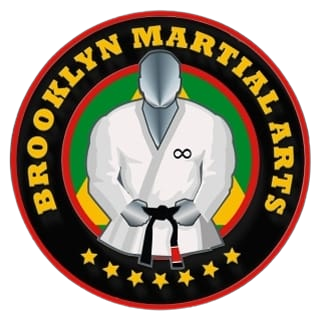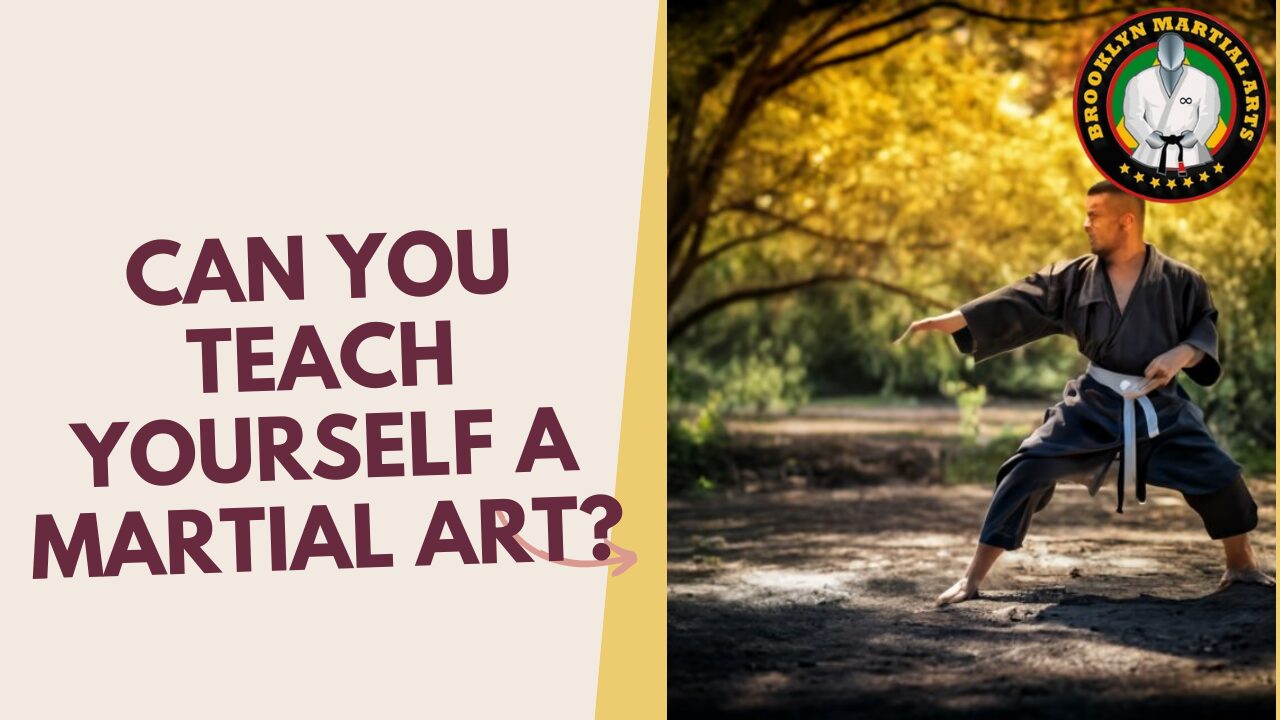Embarking on a self-taught martial arts journey demands dedication, discipline, and a strategic approach for effective learning. While cultivating self-discipline and independence, self-teaching allows for focused solo practice with abundant online resources for guidance. Nevertheless, risks of incorrect techniques, bad habits, and limited progress without structured feedback can hinder mastery. Overcoming challenges requires motivation, self-awareness, and continuous refinement of techniques. Seek mentorship for personalized feedback, knowledge sharing, and accelerated learning. Embrace this challenging yet rewarding path with perseverance, dedication, and a commitment to growth. Unlock the secrets to successful self-teaching in martial arts.
Key Takeaways
- Utilize online resources for guidance and instruction.
- Regular solo practice to develop muscle memory and skills.
- Keep a training journal to track progress and set goals.
- Seek occasional guidance from a mentor for feedback and correction.
- Stay motivated, committed, and accountable throughout the self-teaching journey.
Pros of Self-Teaching Martial Arts
Self-teaching martial arts can offer individuals a unique opportunity to cultivate self-discipline, independence, and a deeper understanding of the art form. One of the key advantages of self-teaching martial arts is the ability to engage in solo practice. Practicing alone allows practitioners to focus on their technique, form, and physical conditioning without the distractions that can come from practicing in a group setting. This solo practice also fosters self-discipline as individuals must motivate themselves to train consistently and push through challenges.
Moreover, the wealth of online resources available today makes self-teaching martial arts more accessible than ever before. From instructional videos and tutorials to virtual classes and forums, individuals have a vast array of resources at their fingertips to learn and improve their skills. Online resources provide a convenient way to supplement one’s training, gain new insights, and connect with a wider community of martial artists, enhancing the overall learning experience. Whether practicing in solitude or tapping into virtual guidance, self-teaching martial arts can be a rewarding journey of self-discovery and personal growth.
Cons of Self-Teaching Martial Arts
While the autonomy and flexibility of learning martial arts independently can be empowering, there are inherent challenges and limitations that individuals may encounter in this self-directed journey. One of the primary cons of self-teaching martial arts is the potential risks involved. Without proper guidance from a qualified instructor, individuals may develop incorrect techniques, leading to injuries or ineffective self-defense strategies. Additionally, the lack of supervision increases the chances of forming bad habits that can be challenging to unlearn later on.
Another significant drawback is the limited progress that individuals may experience when self-teaching martial arts. Progression in martial arts requires consistent feedback, correction, and guidance, which are harder to achieve when learning alone. Without the structured curriculum and regular assessments provided in traditional martial arts classes, individuals may struggle to advance their skills effectively. This limitation can hinder the depth of understanding and mastery of techniques, ultimately impeding overall growth in the martial arts discipline.
Common Challenges Faced
Navigating the path of learning a martial art independently presents practitioners with a myriad of common challenges that demand perseverance, dedication, and strategic problem-solving skills. One of the most prevalent challenges faced is motivation struggles. Without the structure of a formal class or instructor, it can be challenging to stay motivated and disciplined in your practice. It requires a strong internal drive and commitment to push through plateaus and setbacks, which are inevitable in the learning process.
Another significant challenge is technique refinement. Without the guidance of a skilled instructor to provide immediate feedback and corrections, perfecting techniques becomes more difficult. Self-taught martial artists must rely on resources like videos, books, and online tutorials to refine their form, which can lead to ingraining bad habits without even realizing it. It takes a keen eye for detail and a willingness to continuously assess and adjust one’s techniques to ensure they are accurate and effective. Overcoming these challenges requires resilience, self-awareness, and a relentless pursuit of improvement.
Tips for Effective Self-Teaching
To excel in self-directed martial arts training, embracing a mindset of constant learning and adaptation is essential. When teaching yourself a martial art, there are key tips that can enhance your progress. Utilizing online resources can be invaluable for self-teaching. Websites, instructional videos, and forums provide a wealth of knowledge and guidance. These resources can help you learn new techniques, study forms, and gain insights from experienced practitioners.
Solo practice is another critical aspect of effective self-teaching. Regularly practicing your techniques, forms, and drills on your own can improve muscle memory, coordination, and overall skill level. Set aside dedicated time each day for solo practice to refine your movements and enhance your proficiency.
Additionally, keeping a training journal can track your progress, set goals, and reflect on areas for improvement. Documenting your journey can motivate you to stay disciplined and focused on your martial arts goals. By incorporating online resources, dedicated solo practice, and consistent journaling, you can maximize your self-teaching efforts and progress in your martial arts journey.
Importance of Seeking Guidance
Why is seeking guidance an indispensable element in mastering a martial art through self-teaching? The importance of seeking guidance in learning a martial art cannot be overstated. While it is possible to learn the basics through self-teaching, having a mentor or instructor provides invaluable benefits that significantly impact your learning curve.
Mentorship benefits are crucial in martial arts for several reasons. A mentor can offer personalized feedback, correction, and encouragement tailored to your specific needs and skill level. They can help you refine your techniques, improve your form, and avoid developing bad habits that could hinder your progress. Additionally, a mentor can share their knowledge, experience, and wisdom, providing insights and perspectives that you may not have considered on your own.
Moreover, having a mentor can help you stay motivated and committed to your practice. They can hold you accountable, set achievable goals, and provide guidance on how to overcome challenges and obstacles along the way. Ultimately, seeking guidance from a mentor is a powerful tool that can accelerate your learning and mastery of a martial art, making it an essential component of your self-teaching journey.
Frequently Asked Questions
Can Self-Teaching Martial Arts Lead to Developing Bad Habits or Incorrect Techniques?
Developing muscle memory and avoiding injury are crucial in martial arts training. Self-teaching can lead to bad habits and incorrect techniques, hindering progress and increasing the risk of injury. Proper guidance from a qualified instructor is essential.
How Can One Stay Motivated and Disciplined When Learning Martial Arts on Their Own?
Motivational strategies and discipline techniques are crucial when pursuing martial arts independently. Setting specific goals, creating a structured training schedule, seeking online resources, and connecting with virtual communities can help maintain motivation and ensure consistent progress.
Are There Specific Resources or Online Platforms Recommended for Self-Teaching Martial Arts?
Online tutorials and instructional videos provide comprehensive guidance for self-teaching martial arts. Virtual training platforms offer interactive lessons, enhancing skills and techniques. Utilizing these resources with dedication and consistency can greatly benefit individuals seeking to learn independently.
What Are the Potential Risks or Dangers of Self-Teaching Martial Arts Without Proper Guidance?
Potential injuries and lack of feedback are significant risks of self-teaching martial arts without proper guidance. Injuries may occur due to improper technique, leading to long-term damage. Feedback from a qualified instructor is essential for skill development and safety.
How Can One Assess Their Progress and Skill Level When Self-Teaching Martial Arts?
Assessing progress in self-taught martial arts requires dedication and objectivity. Use video recordings for technique analysis, set specific goals, and track achievements. Regularly spar with partners of varying skill levels to gauge your progress and seek feedback for continual improvement.
Conclusion
In conclusion, self-teaching martial arts can be a challenging but rewarding journey. While there are benefits to learning on your own, seeking guidance from a qualified instructor is essential to ensure proper technique and progression.
It is important to be disciplined, dedicated, and patient in your practice in order to truly master a martial art. With the right mindset and approach, it is possible to teach yourself a martial art effectively.

